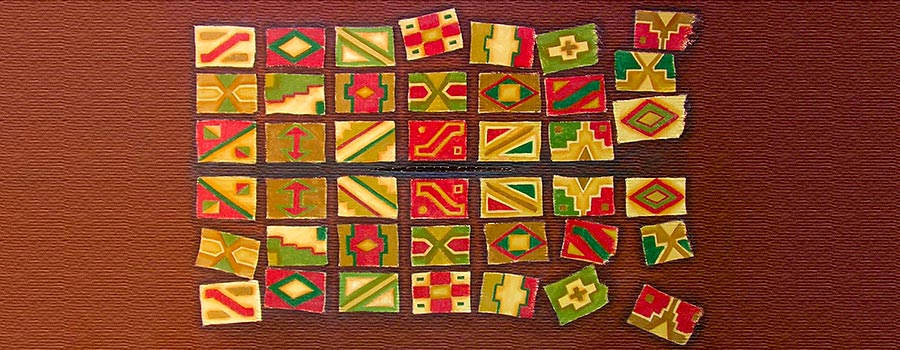
Mediazione Familiare Interculturale Corso Specialistico iscriviti ora
Scopri il nostro corso specialistico in Mediazione Familiare Interculturale, che inizierà il 26 ottobre 2024 presso la nostra prestigiosa scuola di formazione. Questo corso avanzato è dedicato a...
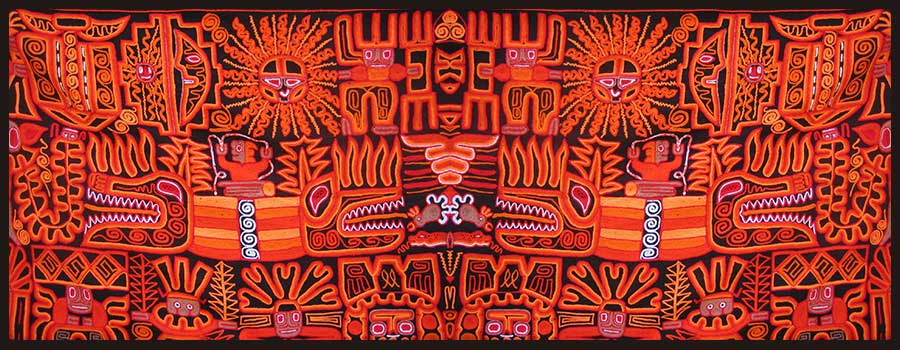
Specializzazione in counseling interculturale
Specializzazione in Counseling InterculturaleLa specializzazione in Counseling Interculturale del Centro Shinui si configura come un approfondimento in ambito interculturale per quanto riguarda il...
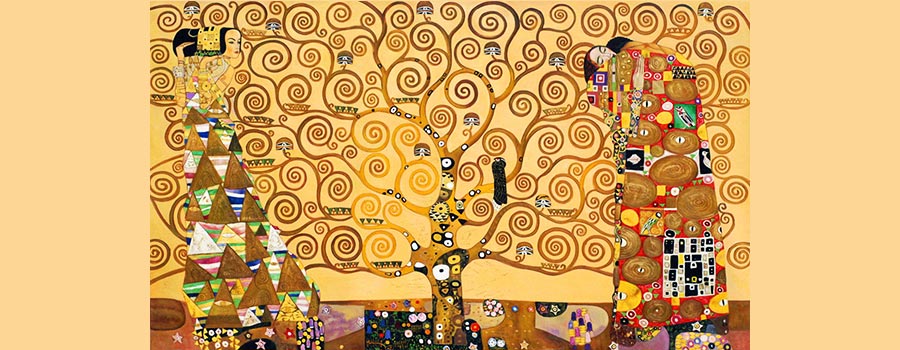
Mediazione Familiare - Corso biennale 2025-2026
Corso in mediazione familiare: Formazione completa a BergamoDa oltre vent'anni Shinui è in prima linea nella promozione della mediazione familiare come strumento efficace per la risoluzione...

Seminario - Atto e peccato, dono e perdono
Sabato 21 settembre 2024 Condotto da Cecilia EdelsteinSeminario ONLINE aperto al pubblicoChe esista il perdono e un “peccato originale” è un preconcetto basilare nella nostra cultura, a...
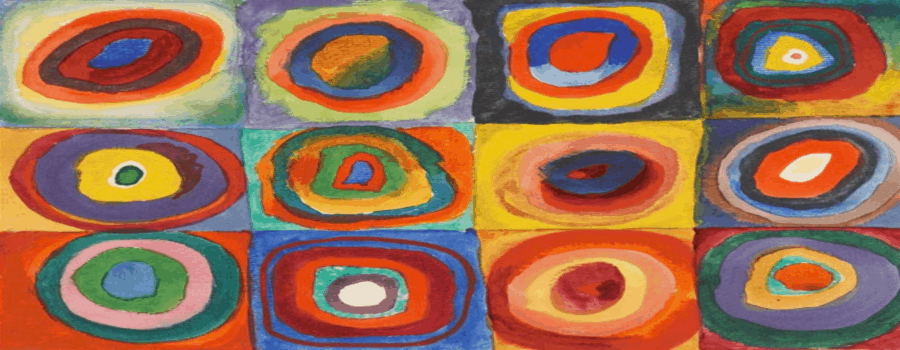
Supervisioni di gruppo in mediazione familiare
Supervisioni di gruppo in mediazione familiare - iscrizioni aperte! Shinui propone un ciclo di cinque incontri online di supervisione in Mediazione Familiare di tre ore ciascuno. L’offerta è...
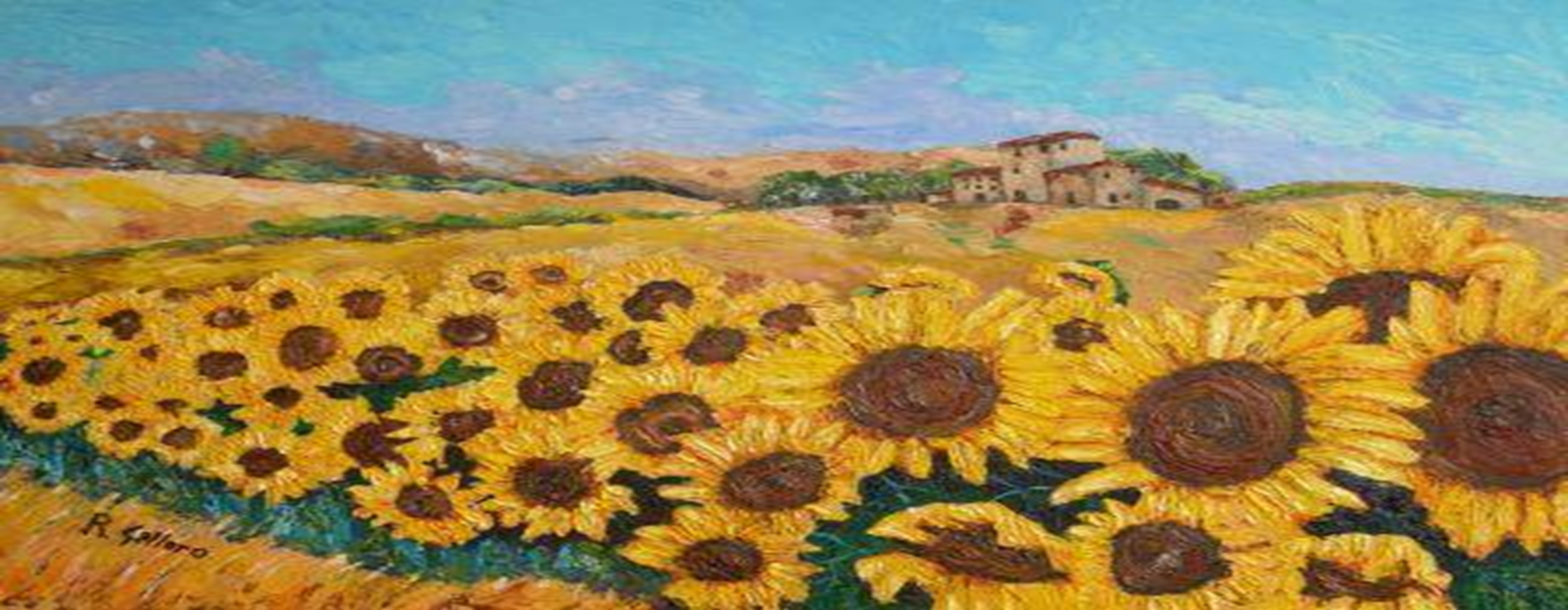
Corso annuale di Abilità in Counseling 2025
Corso di Abilità in Counseling“Ho chiuso gli occhi e ho pensato: cosa mi piacerebbe fare se partecipassi, da psicologa, a un corso di abilità in counseling? E se lo facessi da assistente sociale o...

Seminario - La coppia in crisi
Sabato 16 novembre 2024 Condotto da Cecilia Edelstein Durante la giornata la relatrice affronterà il tema della crisi nella relazione di coppia sia a livello evolutivo sia come parte di eventi...
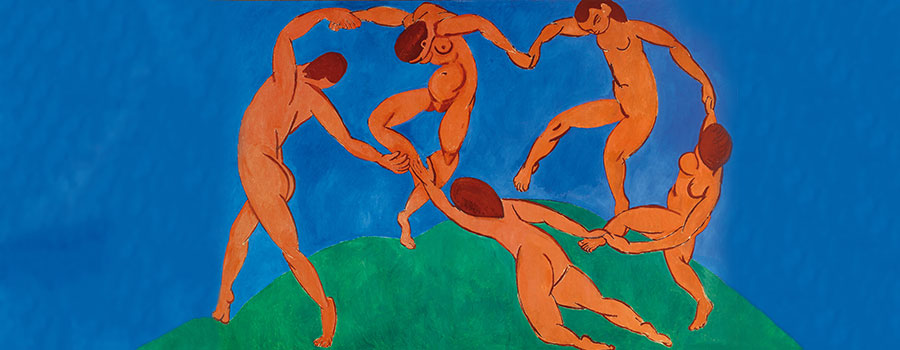
Scuola di counseling - Bergamo
Scuola di Counseling Sistemico PluralistaLa Scuola triennale di Counseling Sistemico Pluralista è una delle prime scuole avviate in Italia e promossa dal Centro Shinui.Nel 2025 compirà 25 anni e...
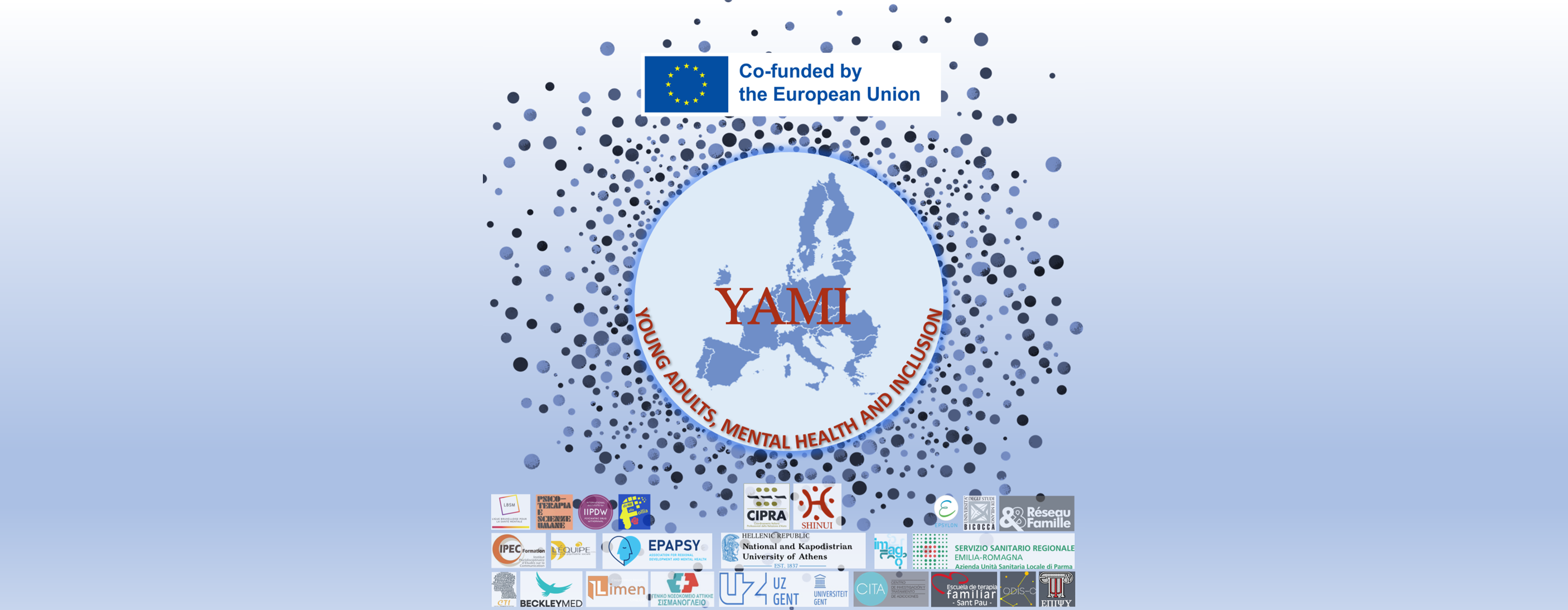
YAMI - Young Adults, Mental health and Inclusion
Progetto europeo sulla salute mentale dei giovani adulti, finanziato dall'Unione Europea, promosso da Shinui - Centro di Consulenza sulla Relazione e dal CIPRA - Coordinamento Italiano Professionisti...


